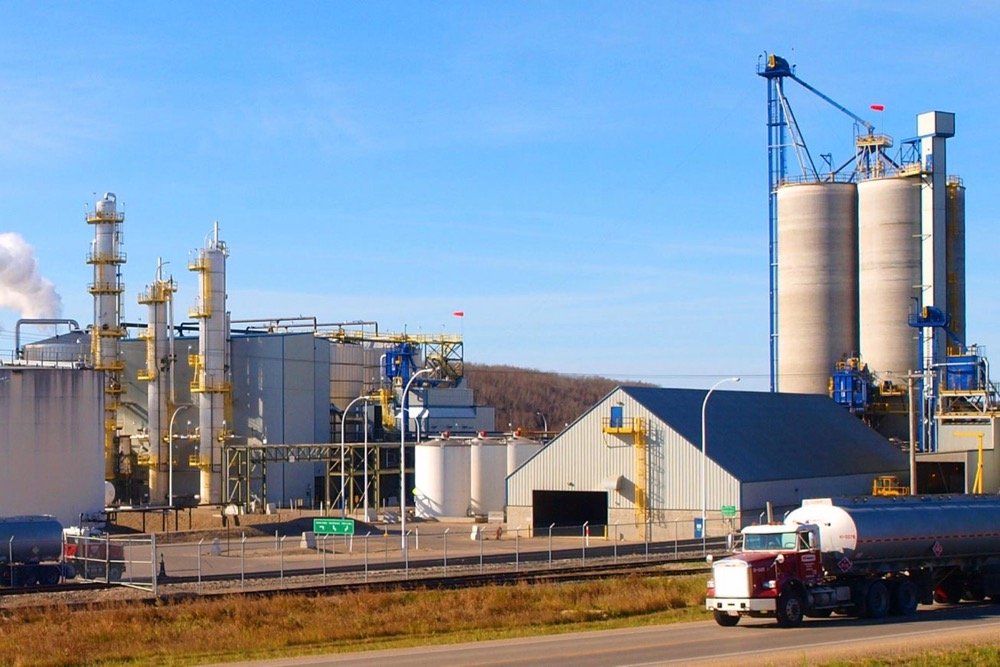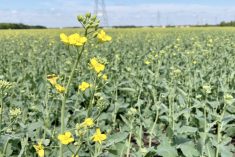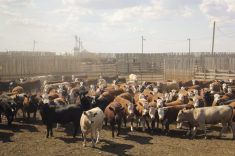Reuters — Cenovus Energy’s $6.07 billion deal to buy Husky Energy was approved by the shareholders of the two companies on Tuesday, creating Canada’s No. 3 oil and gas producer in a rapidly consolidating industry.
Cenovus said 93 per cent of shareholder votes were cast in favour of the merger at a special meeting, while Husky announced earlier in the day that the merger was approved with over 99.9 per cent of votes cast in favour at its meeting.
Some Cenovus investors were apprehensive about the deal as they believed that the addition of Husky’s refineries would hinder the company from taking advantage of rising oil prices.
Read Also

USDA adjusts supply/demand estimates
Corn and soybean yields in the United States were left unchanged in the latest supply/demand estimates from the U.S. Department of Agriculture, released July 11, although a reduction in harvested area led to small downward revisions to production for the crops.
The shareholder approval comes as a recent recovery in oil prices has helped energy shares, boosting the value of the all-stock transaction by about 60 per cent from its initial $3.8 billion valuation in October, when the deal was first announced.
Husky shareholders will get 0.7845 of a Cenovus share and 0.0651 of a Cenovus share purchase warrant in exchange for each Husky common share.
The deal is expected to close in the first quarter of 2021, after which Cenovus shareholders would own 61 per cent of the combined entity and Husky shareholders the rest. Hong Kong tycoon Li Ka-shing-controlled Hutchison Whampoa, Husky’s biggest shareholder, would hold a 15.7 per cent stake in the new company.
The deal stands to make Cenovus the biggest producer and seller of ethanol and dried distillers grains with solubles (DDGS) in Western Canada, as it gives the combined company control of Husky’s biofuel production plants at Lloydminster, Sask. and at Minnedosa, Man., about 45 km north of Brandon.
A Husky representative confirmed in October the biofuel plants will be part of the Cenovus deal.
Husky has previously said its biofuel plants make it the single largest consumer of feed-grade high-starch wheats in Western Canada. The Minnedosa plant today takes mainly corn but also contracts for feed wheat and rye, the company has said.
— Reporting for Reuters by Arunima Kumar in Bangalore; includes files from Glacier FarmMedia Network staff.














